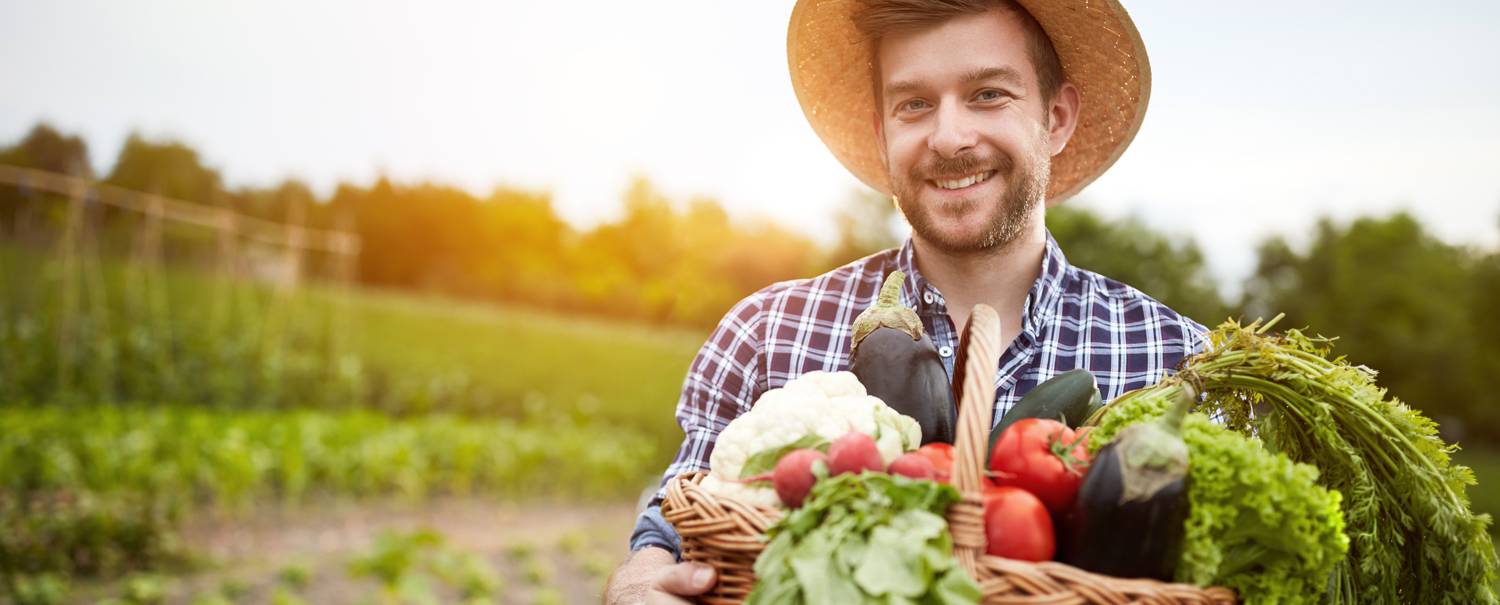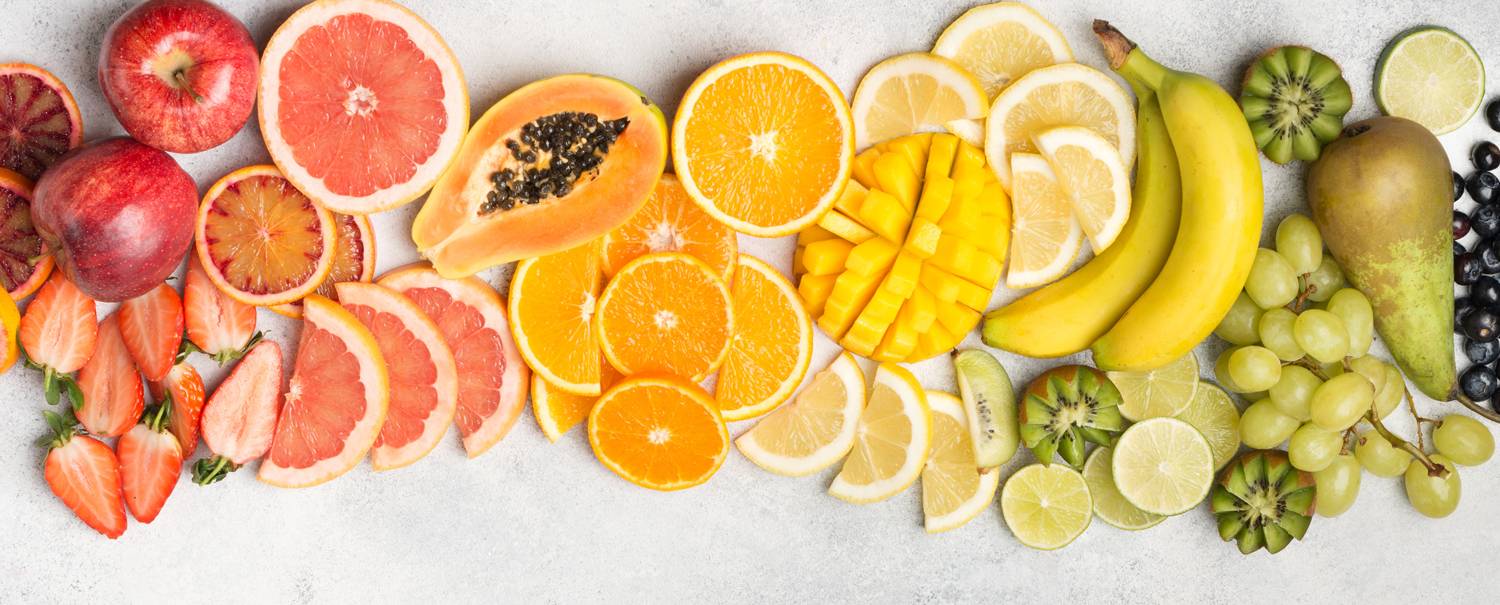Seasonal foods: benefits
Seasonal foods are those that are in their ideal state of ripening. This contributes to their optimal flavour, but also to improve our health, our pockets and our environment.
TOPIC OF THE MONTH
Share
We have such a variety of fruits and vegetables available to ustoday that we sometimes forget that eating seasonal foods, grown when the weather is most favourable for them, has many advantages.
Also,as recommended by the World Health Organization (WHO), a balanced diet shouldinclude at least 5 daily servings of fruit and vegetables,taking into account the advantages that contribute to the diet: fibre,vitamins, minerals and, generally, few calories.
Following this principle, it is mostappropriate to eat refreshing foods in spring and summer, such as strawberriesor melon to help us keep hydrated, and foods that provide heat such as Brusselssprouts, or contain vitamin C to combat colds such as oranges in autumn andwinter.
1. High nutritional value
Nature is wise and food harvested at the appropriate time provides the body with the nutrients it needs to cope with each season, according to the needs of our body. For example, tubers (e.g. beetroot, celeriac, parsnip) are autumn vegetables that help us retain heat to withstand the cold winters. Watermelons, cucumbers or melons are perfect for hot summer days.
2. Tasty
Local fruits and vegetables harvested at their optimum ripeness are tastier than those that get transported, harvested green and matured artificially. They will be fresher and offer flavours, colours, aromas and textures that are not available at other times of year. Persimmons, pears, grapes, oranges or pomegranates, are some of the fruits of the fall season.
3. More affordable prices
Seasonal fruit and vegetables are grown in much larger quantities than greenhouse produce. This translates into a cheapening of prices, by the law of supply and demand. Therefore, it makes sense for our pockets' sake as well to opt for fresh produce.
4. Environmentally-friendly
Buying and eating seasonal foods helps respect the natural cycle of the earth in all aspects: fields, fauna and flora. In addition, seasonal products are usually also products with proximity, so that transport cost is much lower and this contributes to reduce energy waste and CO2 emissions discharged into the atmosphere.
5. Help develop local economy
Cultivating local products in itself contributes to the local economy directly, since it implies support for farmers in the areas where the food is produced, and supports their development.








